Photographs: Reuters Swati Bhat and Subhadip Sircar in Mumbai
The rupee fell below 68 to the dollar to near record lows on Tuesday after Standard & Poor's said there was a more than one-in-three chance of a ratings downgrade for the country and as fears of war in the Middle East roiled global markets.
The currency later extended its losses on the day to more than 3 per cent after Russian news agencies quoted the Defence Ministry as saying radar had detected the launch of two ballistic ‘objects’ towards the eastern Mediterranean.
Israel later said it had carried out a joint missile test with the United States in the area, as President Barack Obama pushed lawmakers to back his plan to attack Syria.
. . .
Black Tuesday: Why the rupee, shares plunged
Photographs: Reuters
The S&P warning was largely a repeat of comments made to Reuters in late August, and no missiles were reported to have landed in Syria, but Indian investors were so unnerved that the reports exacerbated a sell-off in the rupee and local stocks.
The broader Nifty fell more than 4 per cent at one point, adding to the challenges facing policymakers struggling to restore confidence in the economy at a time of deepening uncertainty among global investors.
"We have a negative outlook on India. We think the chances of a downgrade in the next one to two years is one out of three," said Kim Eng Tan, an analyst at S&P said at a news briefing in Seoul.
. . .
Black Tuesday: Why the rupee, shares plunged
Photographs: Reuters
S&P is the only of the three major credit agencies to have a ‘negative’ outlook on India's ‘BBB-minus’ sovereign rating, and any downgrade would send the country to ‘junk,’ dealing a blow to the ruling coalition ahead of elections due by next year.
Tan called the chances of a downgrade on India higher than on Indonesia, another Asian country reeling from waning confidence in its economy, worries about its twin deficits and capital outflows.
The rupiah fell to a four-year low on Tuesday.
The partially convertible rupee traded as low as at 68.27 per dollar from its close of 66.00/01 on Monday, and not far from the record low of 68.85 hit on August 28, forcing the central bank to once again intervene to avert a deeper slide.
. . .
Black Tuesday: Why the rupee, shares plunged
Image: A schoolgirl, with her face painted in colours of the Indian national flag, holds a flag. A schoolgirl, with her face painted in colours of the Indian national flag, holds a flag.Photographs: Reuters
DOWNGRADING RATINGS
India's record high current account deficit and fiscal deficit could blow out even further as crude oil prices rise due to fears of a US military strike on Syria.
Economists called on the Indian government on Tuesday to increase subsidised fuel prices to help address such concerns, but there are doubts whether Prime Minister Manmohan Singh's minority government would be ready to take such unpopular steps.
Technical charts suggest the rupee could fall further, though offshore traders see it hovering near the record low, with one-month contracts for non-deliverable forwards PNDF trading at 68.87.
. . .
Black Tuesday: Why the rupee, shares plunged
Photographs: Adnan Abidi/Reuters
Traders were cautiously awaiting US jobs data on Friday that could effect expectations about when the Federal Reserve will start tapering its monetary stimulus.
The prospect of less easy money from the United States has caused a exodus of capital from many emerging markets over the past few months, but India has fared worse than most because of its precarious deficits.
Markets are also waiting to see how former International Monetary Fund economist Raghuram Rajan will handle the rupee once he takes over as governor of the Reserve Bank of India on Thursday.
The RBI's rupee defence has so far rested largely on draining money markets, but it has still tumbled more than 20 per cent against the dollar since early May, and higher short term interest rates have raised borrowing costs for struggling corporates, threatening to throw another wrench into the already-slowing economy.
. . .
Black Tuesday: Why the rupee, shares plunged
Photographs: Reuters
India is suffering from a dearth of investment, and steps taken by the government so far have failed to convince investors to put more money into the economy.
It has unveiled measures to curb gold imports and announced gradual diesel price hikes, but economists say more are needed.
"The government will have to raise (fuel) prices to send a clear signal to investors, because if they do not meet the fiscal deficit target, it will be negative for the economy," said Rupa Rege Nitsure, chief economist at Bank of Baroda.
Investors worry the government is more focused on expensive, populist measures that will make it hard for India to meet its target of bringing the fiscal deficit down to 4.8 per cent of gross domestic product this fiscal year.
"Rating risks are still on the table as the government's ability to rein in last year's fiscal deficit looks likely to unravel this year," said Radhika Rao, an economist at DBS in Singapore.
"While a downgrade might not be imminent, the ground is still fluid."
Additional reporting by Christine Kim in Seoul

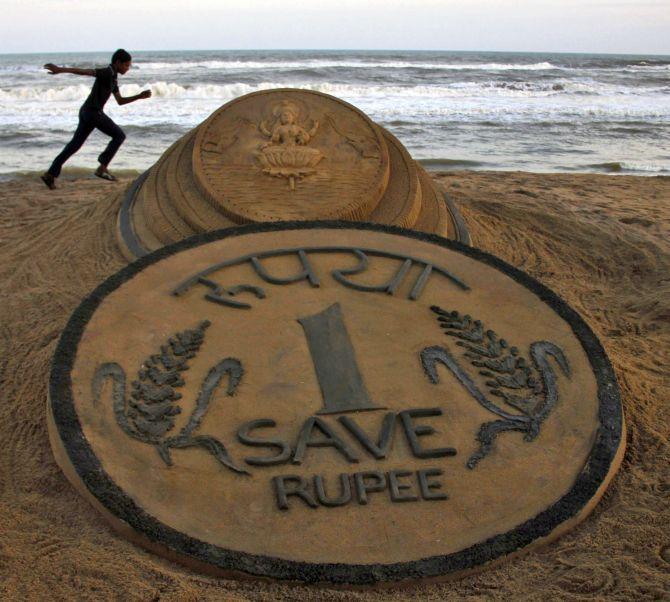
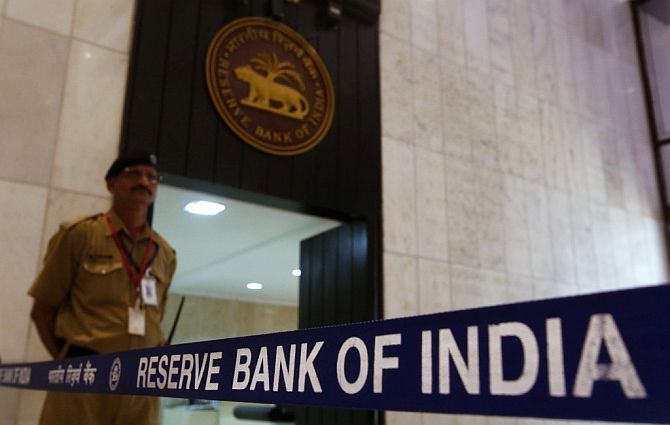
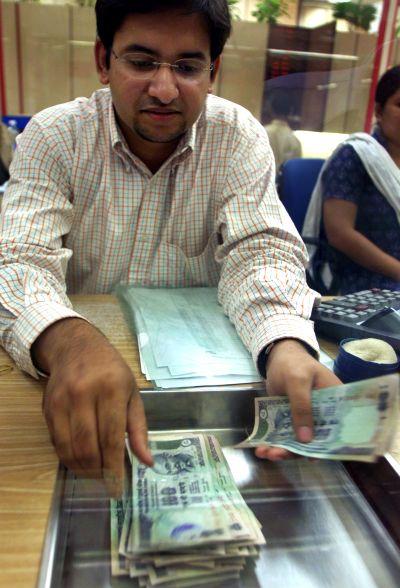
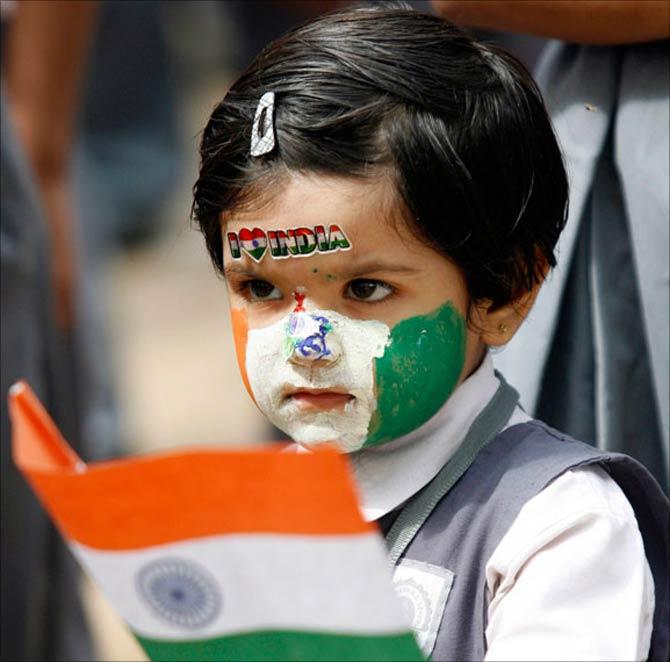
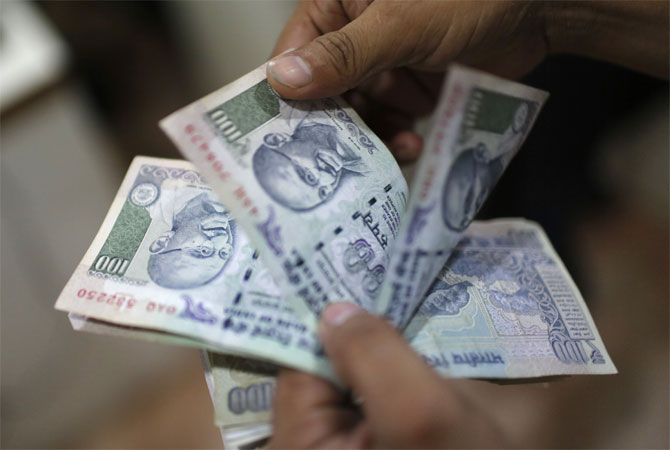
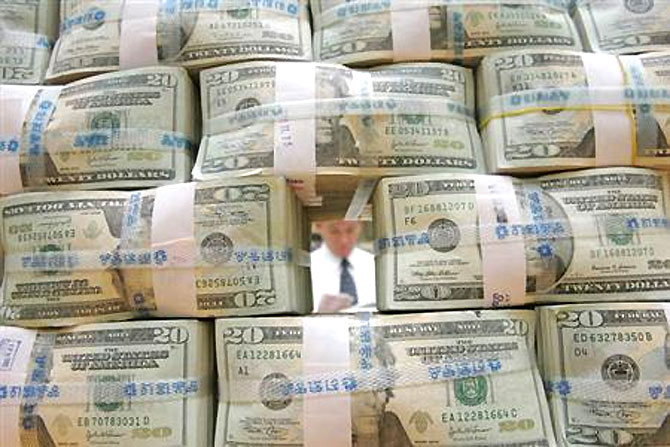

article